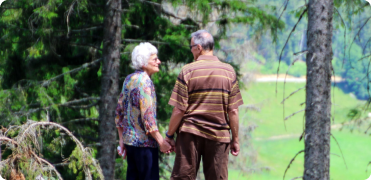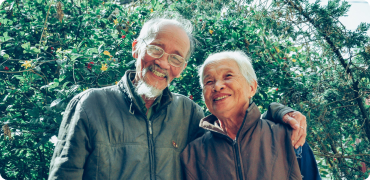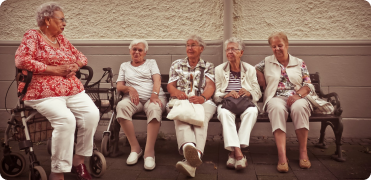Older adults want to play active and meaningful roles in
their lives, including as part of a social network, a
neighborhood, and a community. Service providers and policymakers must consider that a lack of sense of
purpose
can become problematic as people age. Engaging them in leisure activities and volunteer work is important.
Older adults want to stay active and contribute to society
in a reciprocal manner (meaning that they want to
exchange their services and skills with others for the mutual benefit of the neighborhood or community).
Qualitative and quantitative studies published from 2005 to 2016 examining the social needs of older adults
were
eligible for inclusion.
To stimulate social contacts, neighborhood initiatives can be developed. Social meeting places, such as
pubs
and churches can help to foster the development of close and peripheral relationships.
92% Success Rate






